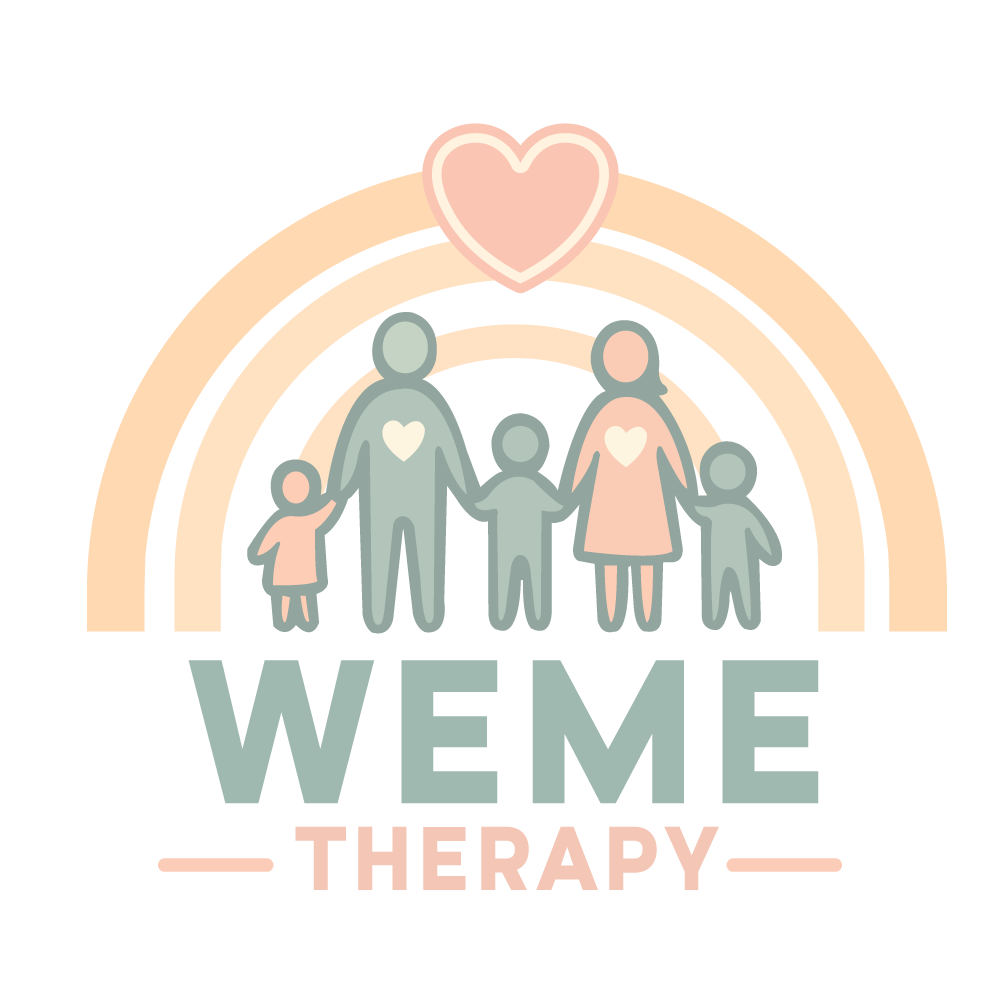Picture this: your child is red-faced, fists clenched, crying on the kitchen floor because the blue cup isn’t clean. You’re tired. You’re late. And in that moment, it’s easy to think, “This is ridiculous.”
But for your child, this is real.
According to Stella Chess, M.D., in her influential book Your Child Is a Person, children are not miniature adults—they are complex emotional beings with inner experiences as valid as our own. Their behaviors, especially during a tantrum, are often raw expressions of big feelings they cannot yet name or regulate.
Why Validation Matters
During a tantrum, a child’s brain is in a stress response—what we might call “survival mode.” Logic is offline. Language is limited. What remains is emotion—loud, unfiltered, and often overwhelming.
When we validate our child’s feelings, we say:
- “I see you.”
- “Your emotions matter.”
- “You are not alone.”
Dr. Chess emphasized that this kind of attunement—recognizing and responding to a child’s internal experience—is the foundation of emotional development. It teaches children that feelings are okay, even the uncomfortable ones.
The Power of Verbal Descriptions
When you calmly narrate what your child is experiencing—“You’re really upset because you wanted the blue cup”—you’re doing something powerful:
- You’re helping your child name their experience.
- You’re modeling emotional language and empathy.
- You’re co-regulating by offering your calm presence.
Over time, this repeated process strengthens your child’s ability to eventually say, “I’m frustrated,” instead of melting down.
Try This Next Time
Here’s what it might sound like in the moment:
- “You didn’t want to leave the park. That feels so hard right now.”
- “You’re mad that I said no. I understand. I’m here with you.”
No fixing. No rushing. Just presence and words.
In Dr. Chess’s Words
Dr. Chess believed that recognizing a child as a whole person—with unique emotions, needs, and temperaments-was—was the key to healthy development. “A child’s emotional world must be respected,” she wrote. “To understand a child’s behavior, we must first understand their inner state.”
At WeMeTherapy, we see every tantrum as a window—an invitation to understand what your child is truly feeling, needing, and struggling with. And through validation and gentle connection, we help families move from chaos to compassion.
Need support navigating emotional outbursts at home?
We’re here to help. From one-on-one sessions to parent coaching, our work is grounded in compassion, neuroscience, and child-centered care.
Follow @WeMeTherapy on Instagram, explore our blog, or reach out for a free consultation today.
Would you like this formatted into a PDF for handouts or designed with a calming visual for your website? I can also prepare a carousel version for Instagram with quotes and tips!

